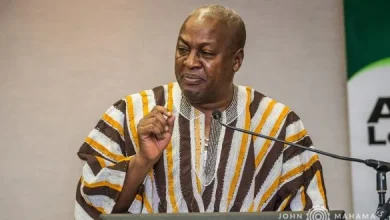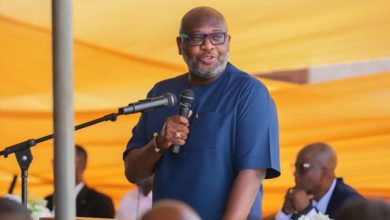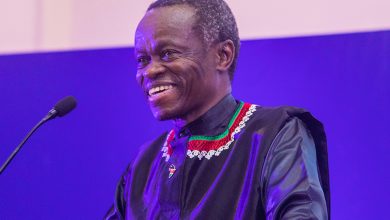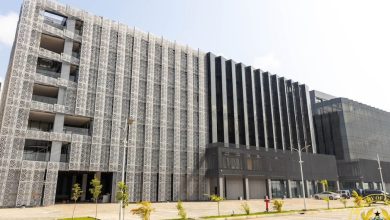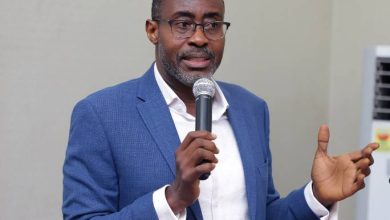Ambassador Palmer Pledges Support for Ghana’s MCC Eligibility Goals
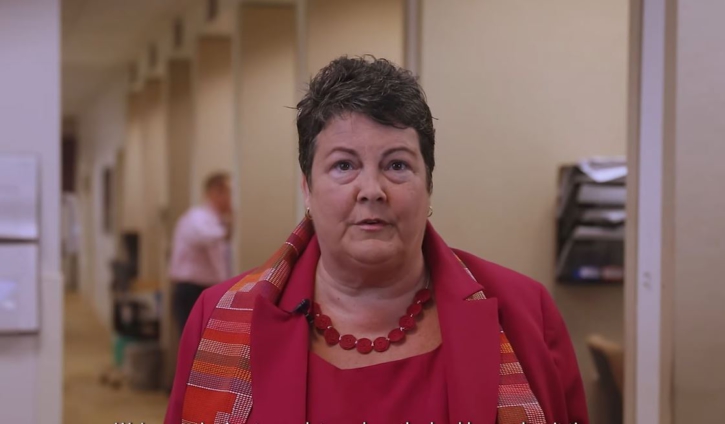
The outgoing United States Ambassador to Ghana, Virginia Palmer, has reiterated her commitment to supporting Ghana’s eligibility for a future Millennium Challenge Compact (MCC), should one become available.
In a yet-to-be-aired interview with Bernard Avle on Channel One TV’s The Point of View, Ambassador Palmer reflected on past challenges with the second MCC Compact and voiced her personal disappointment over the cancellation of more than $190 million due to implementation setbacks.
“I told former President Nana Addo Dankwa Akufo-Addo that I would work with him to see if we could get another compact. Because there were some missteps on the second compact, and we had to cancel a 190 million dollars,” she said.
“To my personal disappointment and the disappointment of the Millennium Challenge Compact… Right now, we don’t know what form the Compact will take.”
Despite the uncertainty surrounding a potential new compact, Ambassador Palmer reaffirmed her dedication to Ghana’s future participation.
“I remain committed to helping Ghana if a new Compact becomes available, to helping Ghana become eligible.”
She commended Ghana’s performance in key areas such as governance and anti-corruption—important criteria for MCC eligibility—but stressed that reforming the Electricity Company of Ghana (ECG) must be a priority.
“The true factors that are essential to eligibility or passing a scorecard are governing well on behalf of your people, which Ghana does, maintaining a certain score on anti-corruption, which Ghana does, and it’s important to keep that up. And also to demonstrate that the last Compact was successful,” she said.
Highlighting the urgency of action within ECG, Ambassador Palmer warned that the utility provider’s mounting losses threaten both the country’s economic health and its eligibility for international support.
“A key element is the financial viability of the ECG, because the ECG is bleeding, and it’s bleeding more than we thought. There are losses either at the electricity poles or in the counting rooms that are enormous.”
She emphasized that reforms at ECG are not only vital for MCC considerations but for Ghana’s long-term economic and energy stability.
“Reforms of ECG are going to be good for the Ghanaian economy, not just an incentive for the Compact. It puts the country in a position to benefit from whatever assistance is available.
Ambassador Palmer concluded by stressing the need for sustainable, long-term solutions to Ghana’s energy challenges as intermittent power supply continues to affect the country.

